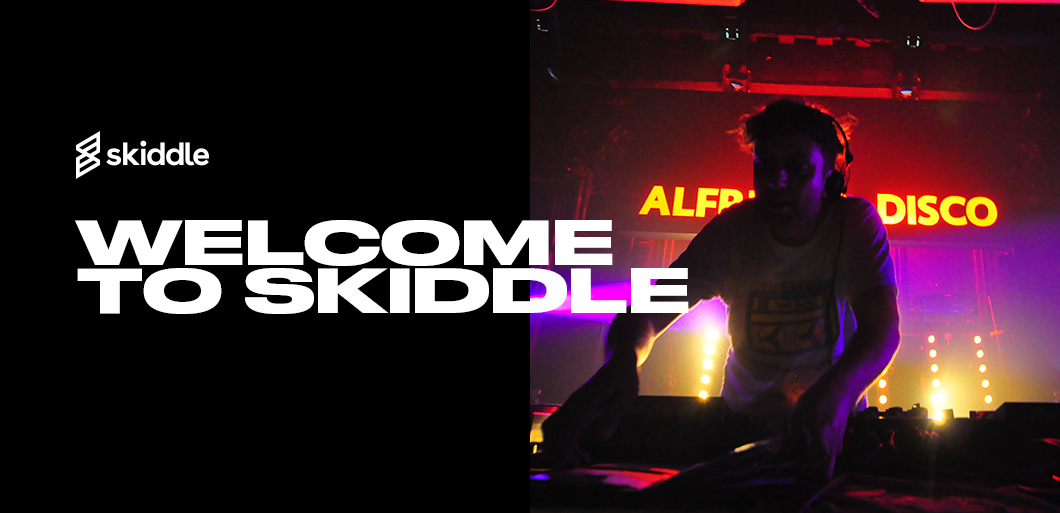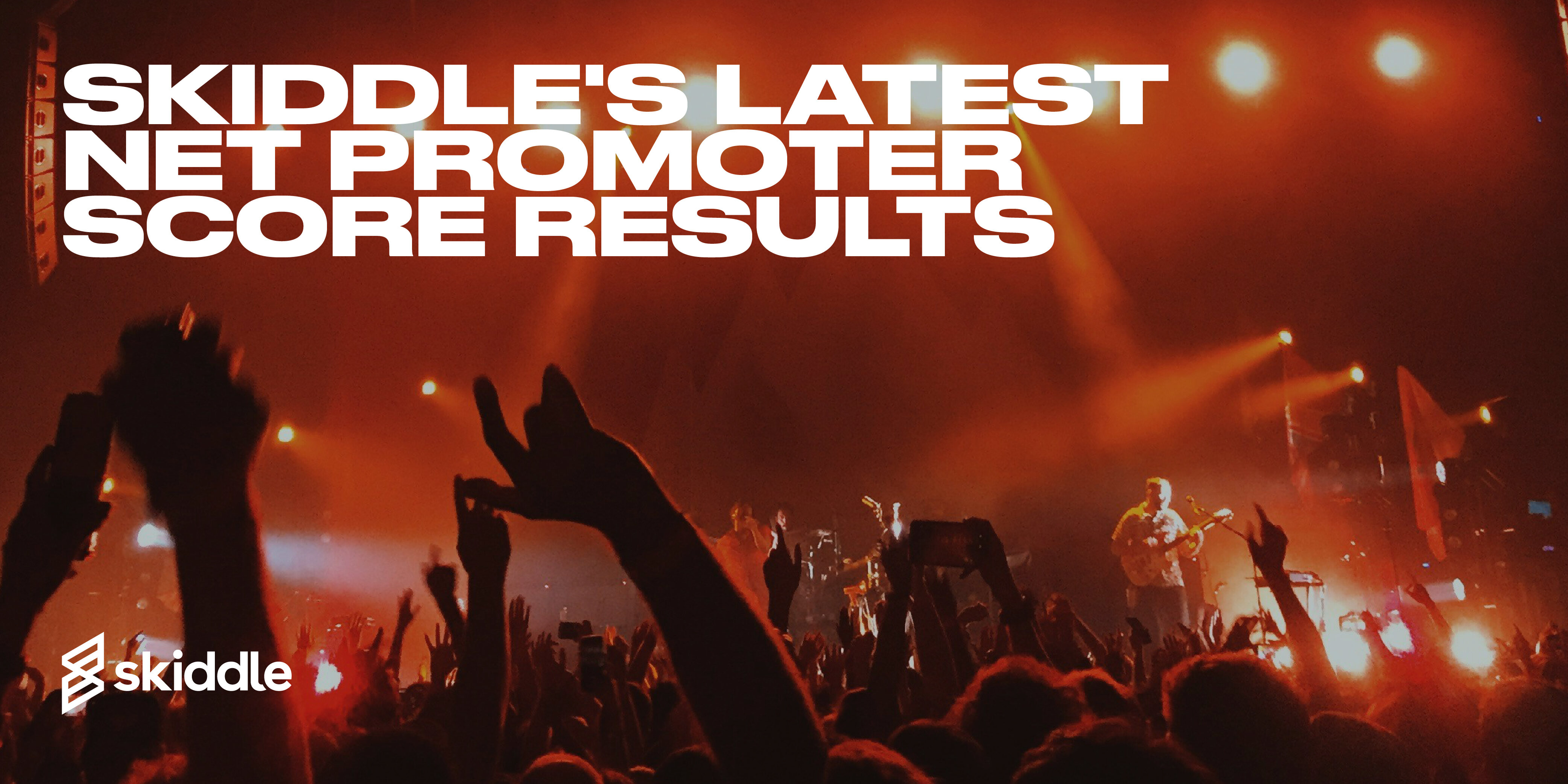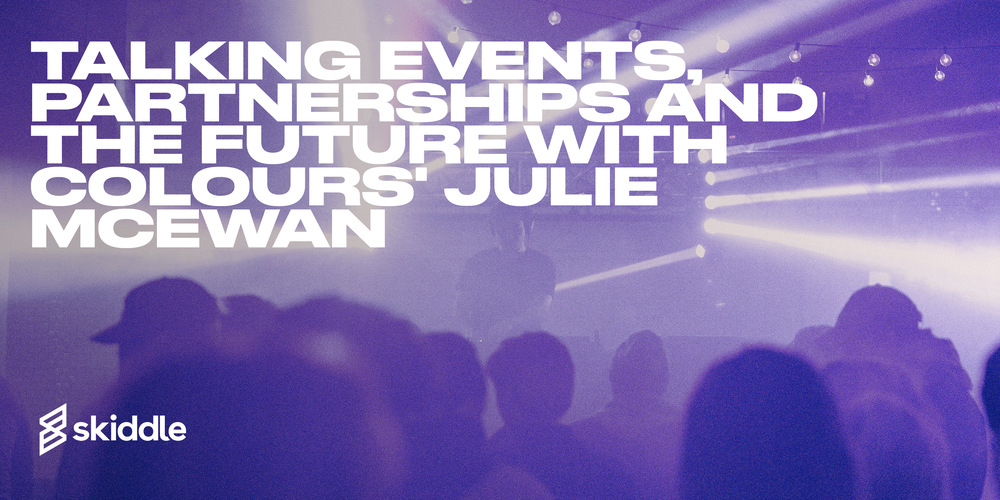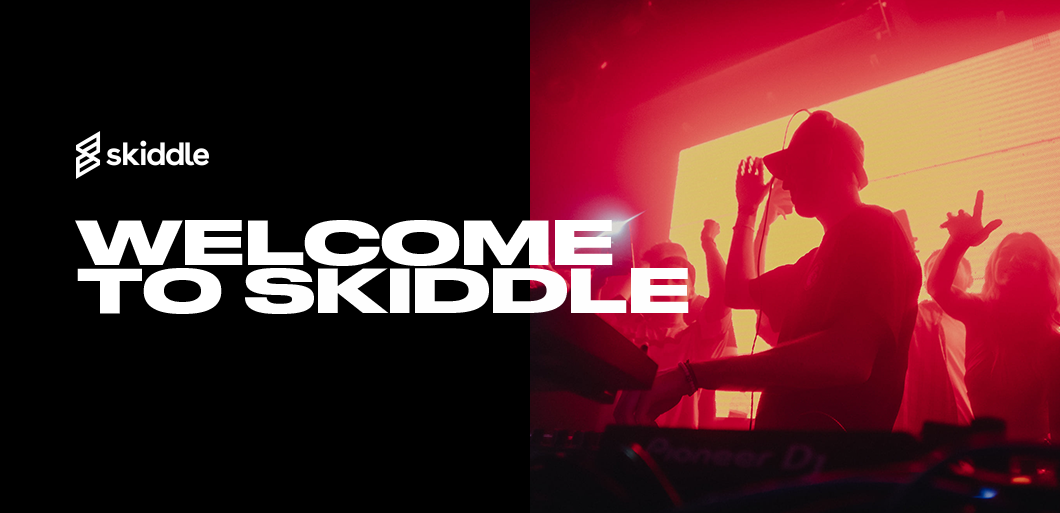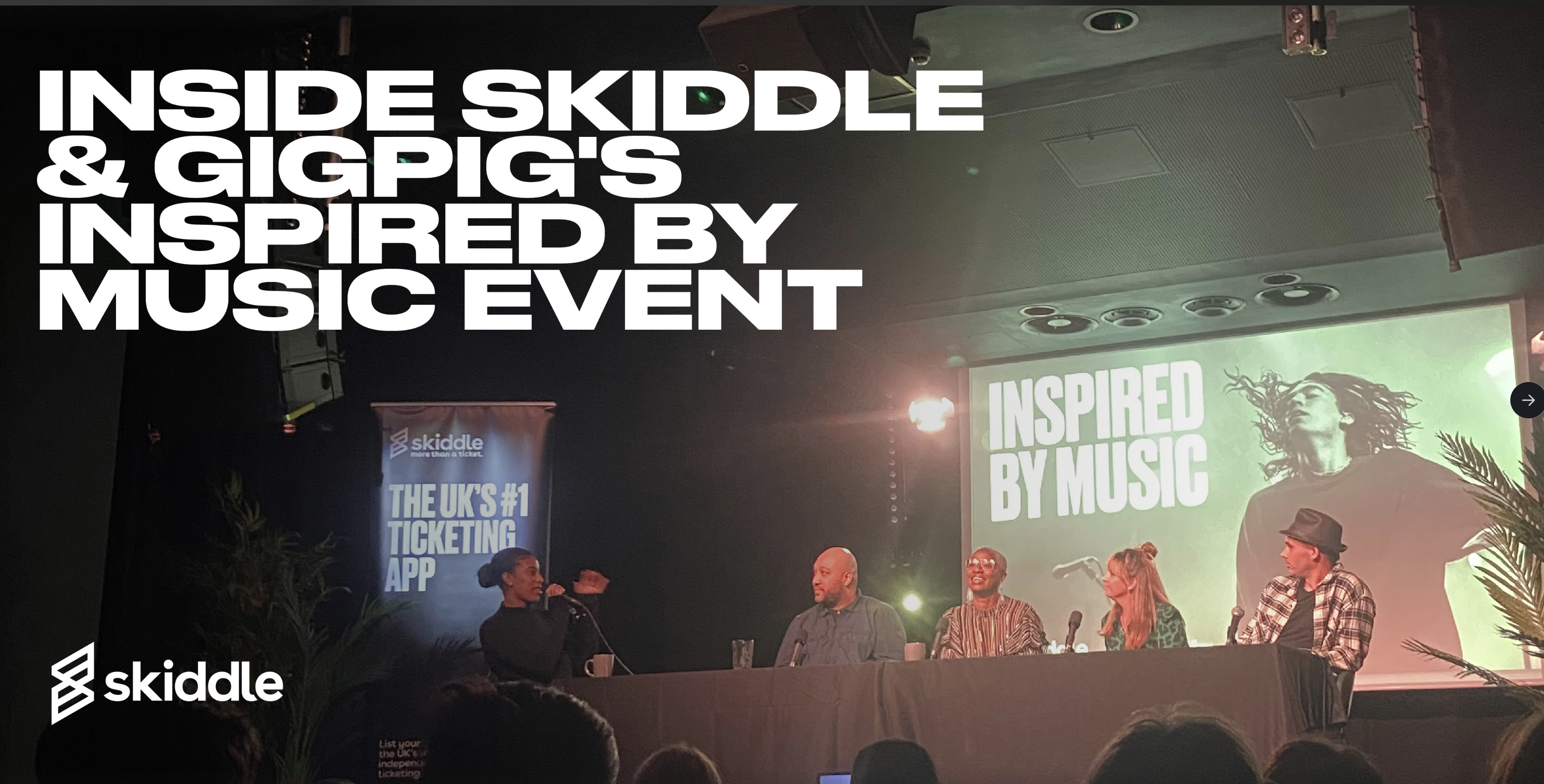- Behind the Scenes
Social media and marketing strategies to help you sell tickets
-
By Ryan Moss
- 02 Dec 2022
- 8 min read

Harnessing the power of social media or marketing strategies will help you sell tickets. According to Statista, 33% of people use Twitter to follow brands and companies, while 48% of users are on the app for entertainment. This presents an intriguing prospect, as you can use the platform to post entertaining content that promotes the event you are organising.
Platforms like Instagram and TikTok are based around images and videos, making it much easier to reach regular and potential attendees with eye-catching assets like posters, logos and short video content.
It’s helpful to think about where your demographic spends the most time. If your most loyal customers are on one platform, it’s likely that like-minded people will be there too. Whichever route you go down, it’s crucial to have a strategy. Plan which platform you’ll focus on, analyse the results, and use them to improve or refine your approach. In this article, we’ve compiled five ways to use social media or marketing strategies to sell tickets.
User-generated content
User-generated content is any brand-specific content created by people for the brand. It can come from regular customers who are invested in your brand and people who are generally interested.
You can utilise user-generated content to help sell tickets for your event. For example, you might be using Instagram. So, create a hashtag related to your event or a theme around your event.
Encourage your audience to get involved with the hashtag by taking pictures at the next event. It could be shots of them and their friends, candid snaps, crowd shots or pictures of the decor and branding of your event.
You can then use the pictures as a content library to promote your event and sell tickets. Potential attendees can see people having fun, getting a feel for what the event is about. Better still, an attendee may capture a great shot that encapsulates the atmosphere of the night, making potential customers feel as though they can’t miss out on the next event.
Create eye-catching branding
Creating assets like logos, headers and posters are all ways of communicating your brand identity. You could be bold and choose striking, eye-catching colours; or go with monochrome imagery for a minimalist look. Whichever route you choose, the colour scheme and fonts used will affect how appealing on the eye the branding assets are.

You can bring your branding into the real world, too. If the venue allows it it, decorate the space with logos, change the lighting to fit your colour scheme and if you’re outdoor, spraypaint the logo and colours onto the walls around the dancefloor. This creates an immersive experience for your attendees.
Eye-popping branding can give your event a reputation for being unique. This can travel via word of mouth, bringing you more attention from customers and the press. These are two things that can help you sell tickets. While it takes time to formulate an effective brand identity, it’s worth putting in the hours, as you could reap significant benefits in the long run.
Tease the launch
It could be tempting to launch your event with one asset and hope that the strength of the line-up helps you sell tickets. This might work for the biggest brands, but even they take their time when launching an event. Ideally, you want to give yourself six to eight weeks to promote the night, building anticipation and hype through various posting strategies on your social media platform of choice.
Let’s say you’re using Instagram. Create a post letting people know that the announcement of your event is imminent, attaching a poster with buzzwords designed to build suspense. Ensure you have a sign-up address at the bottom of your asset and a link to the landing page in your bio. A week later, drop a teaser video with shots of the event location and an excited crowd, interspersed with relevant buzzwords stating why your event is special and stirring audio.
Next, host a competition. Upload a post with an attention-grabbing piece of content, instructing your followers to tag the people they’d like to attend. Ask them to share the post on their socials and follow your page if they haven’t already. Pick the winner at random, awarding them free tickets and merch. Reveal the location and announce the lineup day by day, and once you’ve sold out, do a post announcing this and tease your next event.
With a strategy like this, you’ve built anticipation by teasing the details of your event, raised brand awareness by asking people to share your competition and used several assets to promote the event. This can help you secure sign-ups and sell tickets.
Do something bold
The attention gained from PR stunts and guerrilla marketing can lead to increased brand awareness and ticket sales. PR stunts are designed to get people talking; guerilla marketing is aimed at surprising people. Nevertheless, there is an overlap, and successful execution of either could help your event sell tickets.
It’s crucial to leave a mark on people viewing the campaign. People tend to remember things that resonate with them emotionally or make them laugh. Similarly, something extremely abstract can make people marvel.

An interactive marketing campaign on the street, for example, will stick in somebodies head. If it was entertaining it could drive them to learn more about your event. Either way, you’ve gained some engagement, which could lead to a conversion further down the line.
You can pair it with your social strategy. Let’s say you’re collaborating with an artist who has created a piece of street art celebrating the culture of dance music. You could invite people who see it to upload pictures to a hashtag. Then, tell your followers how they can find it and that it’s to do with your event. Run a competition and pick someone at random as the winner.
Create a content marketing strategy
Content marketing is the creation of content that provides value to your audience. Posted across your website and social media, it can assist with lead generation (attracting new customers), building brand awareness, creating customer loyalty and selling more tickets.
Try to think about what you want to achieve with your strategy. This article is about ticket sales, so making sure you rank on search engines by using specific keywords, providing detailed descriptions of your event and stating the venue will help get eyes on your night. For example, if people search for ‘Comedy Event In Chorlton’ and your event ranks first, customers will be likely to buy tickets.
Blogs and press releases can help you sell tickets. Press releases are designed to be sent to media outlets, giving them the details of your night. They can publish a news article about your event, which helps to leverage an external audience who could be persuaded to buy tickets.
There are many ways to incorporate content into your marketing strategy. For more inspiration, click here to read about our in-depth guide to using content.
Got a question you need an answer to?
Give us a call on 03333010301 or ask us a question over on the Skiddle Promoter Twitter account by clicking or tapping on the button below. Alternatively, you can also find a list of our most frequently asked questions over at https://help.promotioncentre.co.uk






